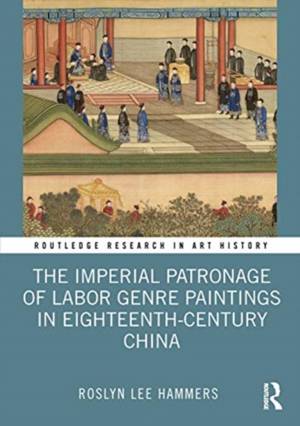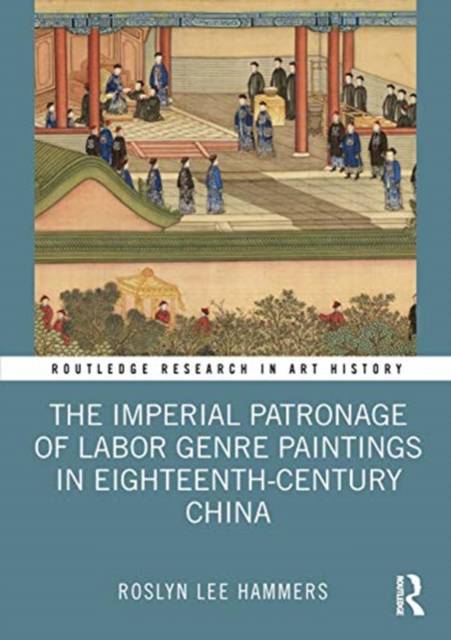
- Retrait gratuit dans votre magasin Club
- 7.000.000 titres dans notre catalogue
- Payer en toute sécurité
- Toujours un magasin près de chez vous
- Retrait gratuit dans votre magasin Club
- 7.000.0000 titres dans notre catalogue
- Payer en toute sécurité
- Toujours un magasin près de chez vous
The Imperial Patronage of Labor Genre Paintings in Eighteenth-Century China
Roslyn Lee HammersDescription
This book examines the agrarian labor genre paintings based on the Pictures of Tilling and Weaving that were commissioned by successive Chinese emperors.
Furthermore, this book analyzes the genre's imagery as well as the poems in their historical context and explains how the paintings contributed to distinctively cosmopolitan Qing imagery that also drew upon European visual styles. Roslyn Lee Hammers contends that technologically-informed imagery was not merely didactic imagery to teach viewers how to grow rice or produce silk. The Qing emperors invested in paintings of labor to substantiate the permanence of the dynasty and to promote the well-being of the people under Manchu governance. The book includes English translations of the poems of the Pictures of Tilling and Weaving as well as other documents that have not been brought together in translation.
The book will be of interest to scholars working in art history, Chinese history, Chinese studies, history of science and technology, book history, labor history, and Qing history.
Spécifications
Parties prenantes
- Auteur(s) :
- Editeur:
Contenu
- Nombre de pages :
- 292
- Langue:
- Anglais
- Collection :
Caractéristiques
- EAN:
- 9780367335687
- Date de parution :
- 31-03-21
- Format:
- Livre relié
- Format numérique:
- Genaaid
- Dimensions :
- 175 mm x 246 mm
- Poids :
- 797 g

Les avis
Nous publions uniquement les avis qui respectent les conditions requises. Consultez nos conditions pour les avis.






